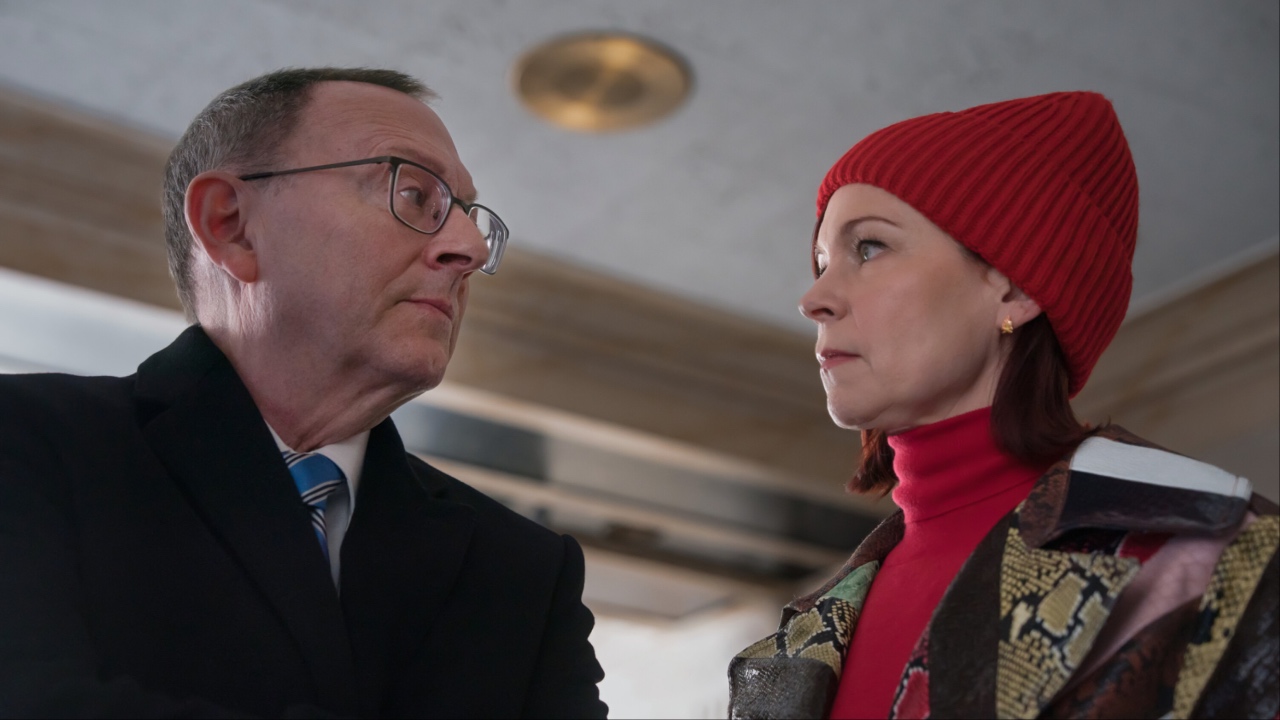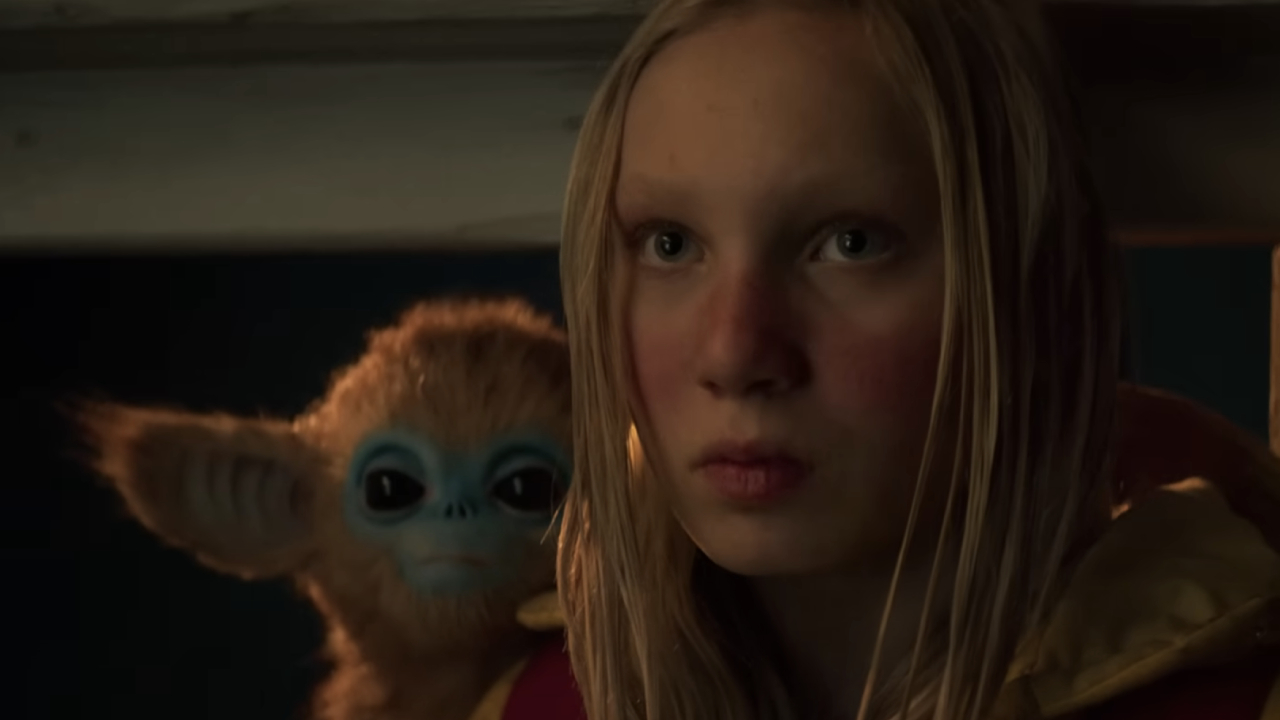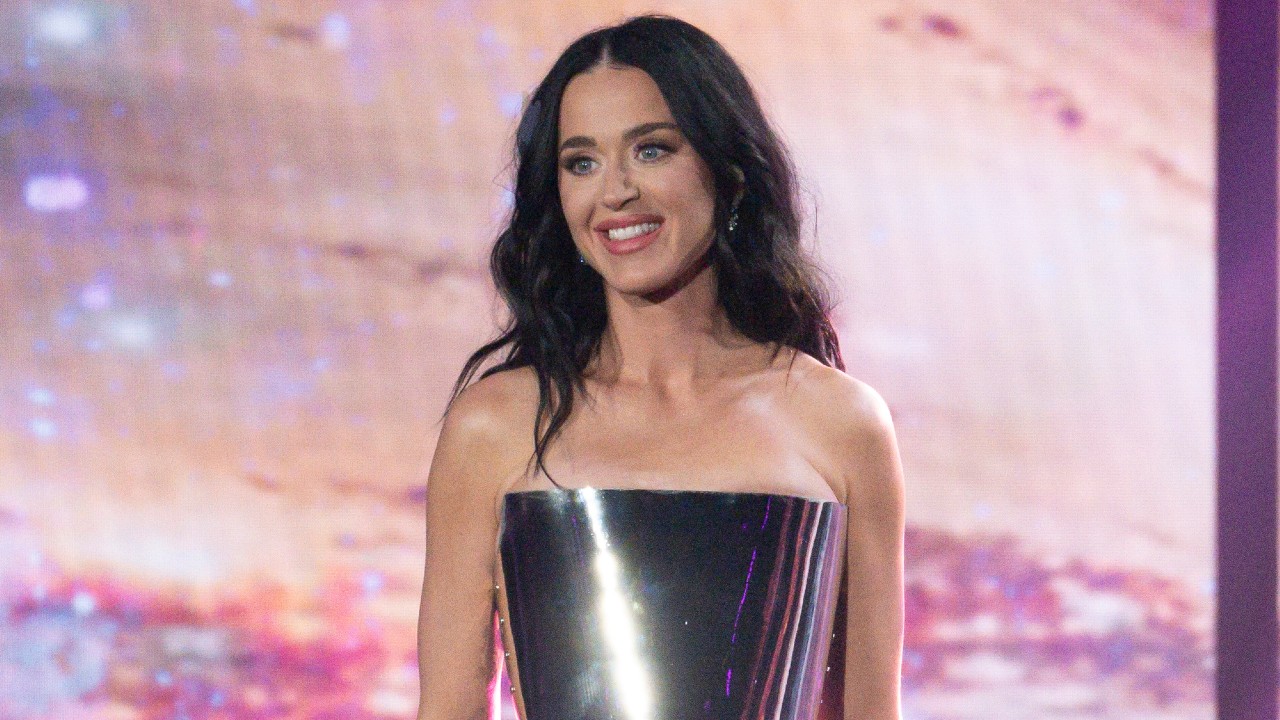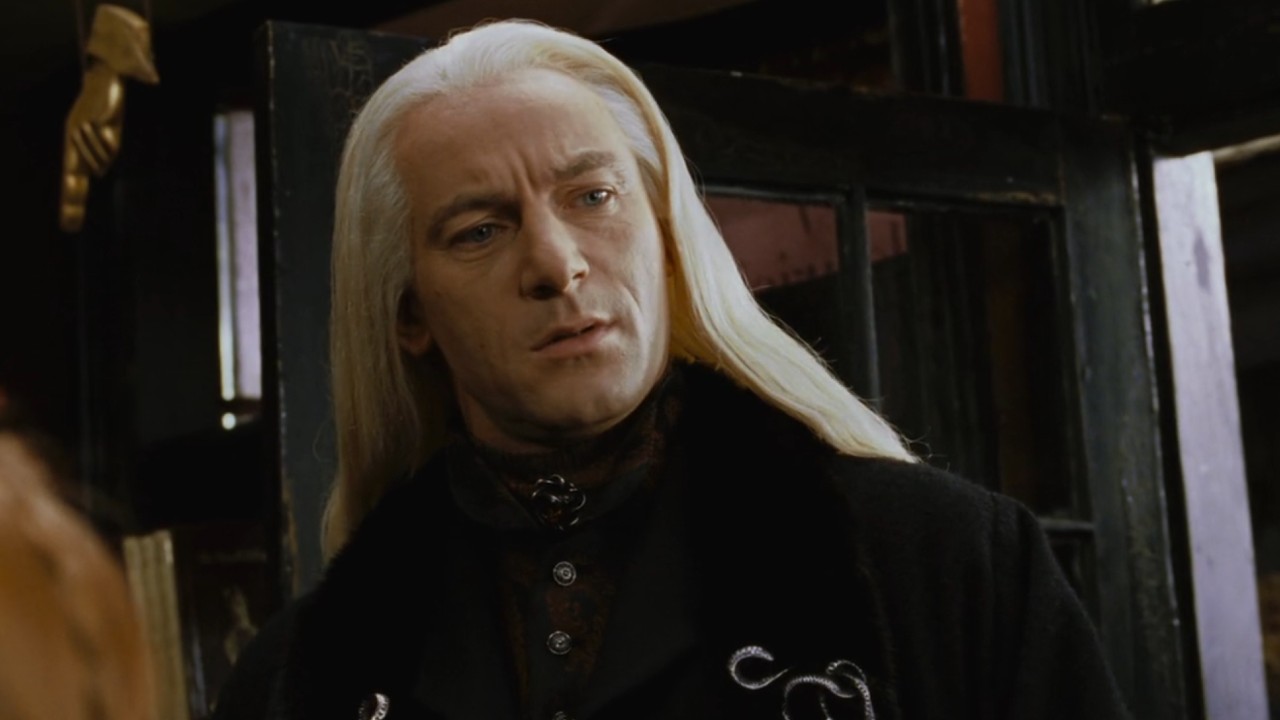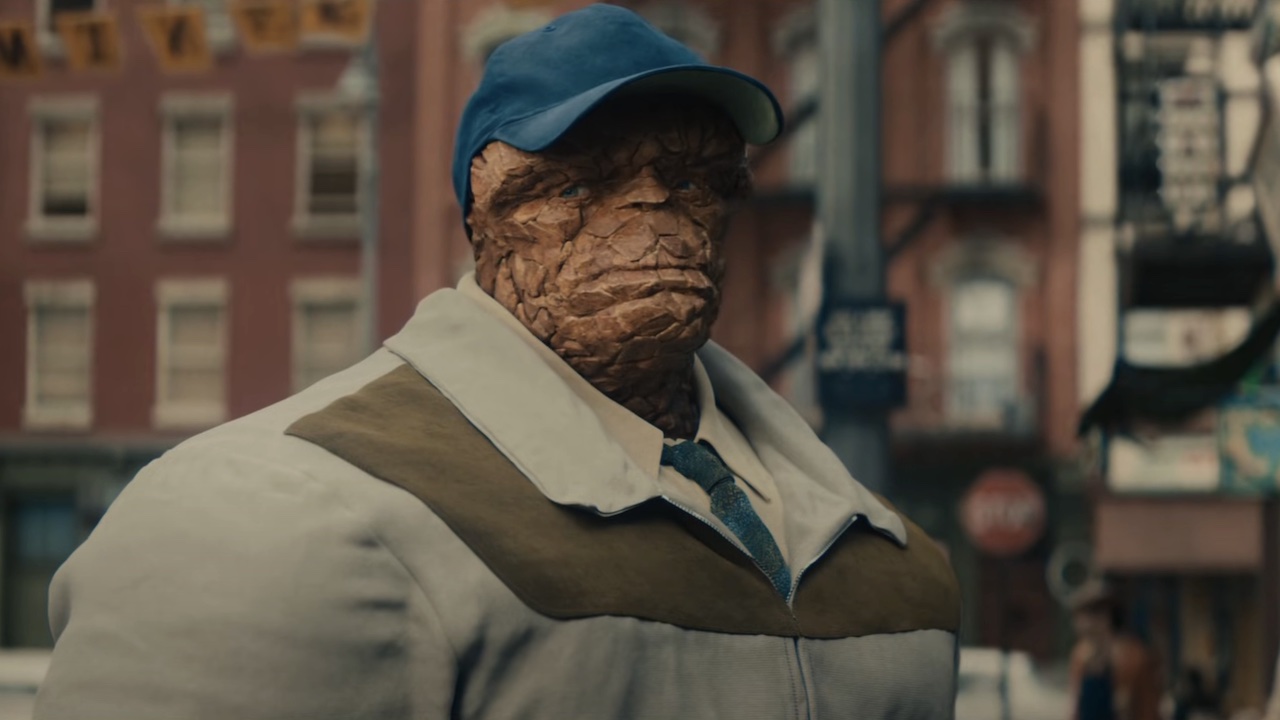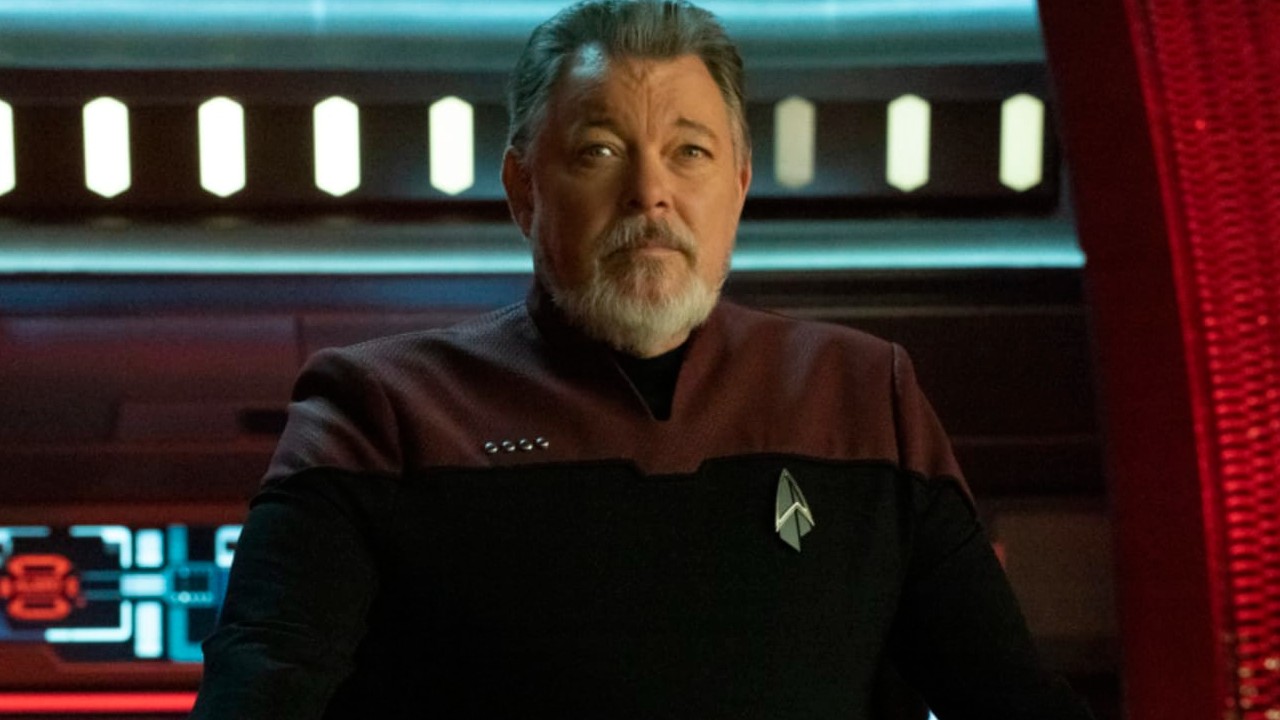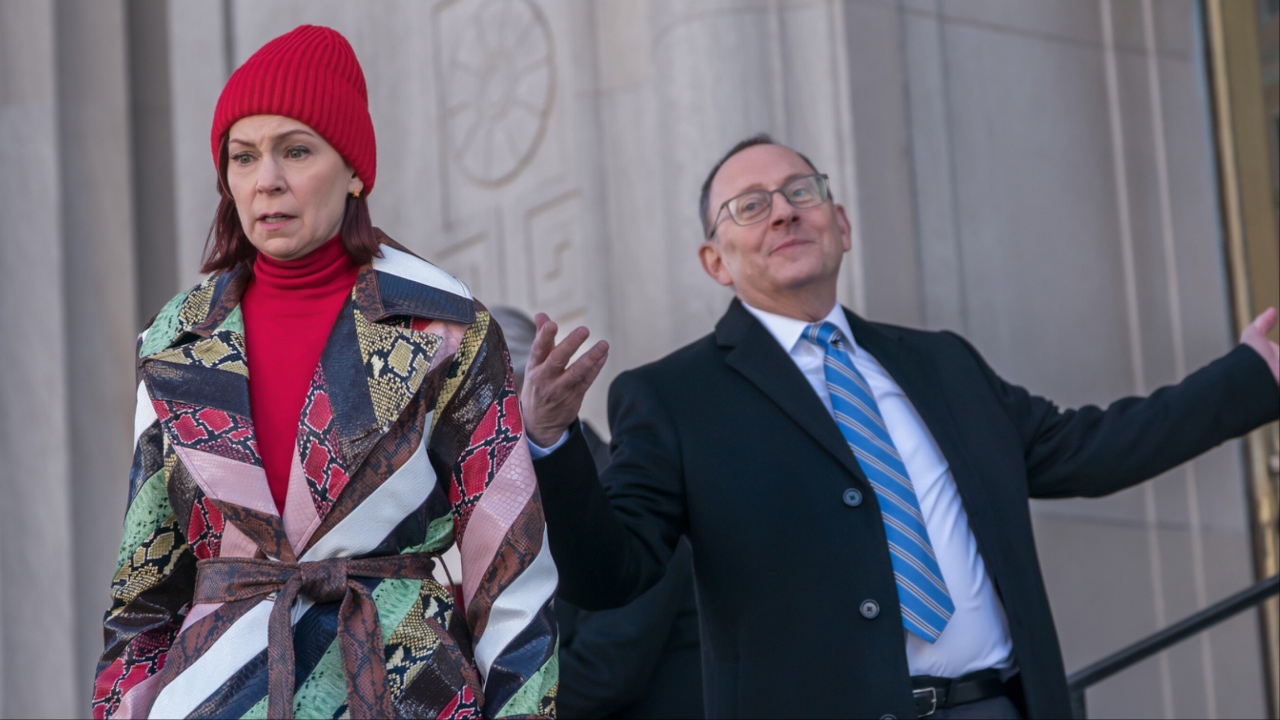The Big Way Cable Is Starting To Hurt The Network TV Model

It wasn't all that long ago that television viewers had slim pickings for scripted obsessions, but Peak TV is chugging along, and an increasing number of streaming options adds to the gloriously bloated world of entertainment out there. But after only a few years of this small screen surplus taking over and spreading viewers out even more, a rather massive and doomsaying trend has started to emerge in which cable channels are using most of their off-network budgets for feature films. And that's no good for a little something called syndication.
Just five years after CBS raked in the dough with preemptive syndication deals for shows like NCIS: LA and Hawaii: Five-0 that brought in over $2 million an episode, there's a stunning dearth of deal-making when it comes to network series passing on fan favorites to cable channels. The last time a big deal happened was a few years ago, also involving CBS, when WGN America paid $1 million-$1.5 million an episode for dramas Elementary and Person of Interest. Since then? Not much to bark about, as blockbusters and other high-profile films are getting bought up instead.
The NBC drama Chicago Fire is a prime example of how things have changed. The drama, created by rerun king Dick Wolf, recently aired its 100th installment, which is the benchmark for a show to head to those money signs in the sky as a syndication-bound success. But according to Deadline, NBC's attempts to shop Chicago Fire around to cable and SVOD services were short-lived after none of the offers rose above the $350,000-per-episode range. Considering Law & Order: SVU airs more hours a year than anything else, one would have expected more interest in the first Chicago series, despite its differences from the more straightforward procedural. And it's not the only show that has failed to bring in a deal that would have seemed like a lock just a few years ago.
The goal of almost any scripted network series is to be successful enough to stay on the air to reach syndication status, at which point the income can really turn into profits. But if TNT and TBS and the like are worried more about producing their own series and acquiring theatrical hits, then how does that affect the strategies of network execs when filling their schedules? Part of the reasoning in the shift is that network series aren't scoring the ratings they once did, and that original cable series are, on the whole, not doing as well as all involved would hope. That's not even something that can be actively fought against.
There is, of course, a saving grace to be found here, and that's in streaming/SVOD outlets looking to boost their own original shows by bringing in familiar dramas (and comedies, for less money). Netflix has been known to rain money down on networks for series, but even with its deal for CW shows like The Flash and Arrow, the streaming giant hasn't made any big waves of that nature in a while. Which makes sense, as fewer cable networks buying TV shows means less competition, allowing streaming companies to make lower offers.
It is, of course, possible that this trend could make a hairpin turn, especially after Nielsen ratings start to incorporate non-TV numbers into its ratings aggregation, which will add more worth to individual series. But I'm pretty sure we're past the days of entire primetime schedules living on in eternity through cable-bound repeats. What say all of you?
CINEMABLEND NEWSLETTER
Your Daily Blend of Entertainment News

Nick is a Cajun Country native and an Assistant Managing Editor with a focus on TV and features. His humble origin story with CinemaBlend began all the way back in the pre-streaming era, circa 2009, as a freelancing DVD reviewer and TV recapper. Nick leapfrogged over to the small screen to cover more and more television news and interviews, eventually taking over the section for the current era and covering topics like Yellowstone, The Walking Dead and horror. Born in Louisiana and currently living in Texas — Who Dat Nation over America’s Team all day, all night — Nick spent several years in the hospitality industry, and also worked as a 911 operator. If you ever happened to hear his music or read his comics/short stories, you have his sympathy.
